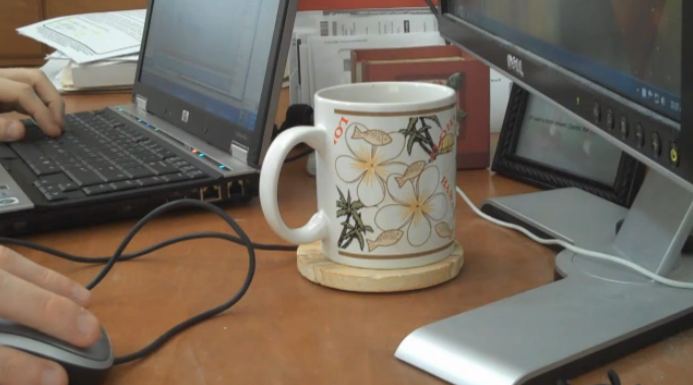Taking what you’re good at doing in-person and doing the same thing in the virtual world can be a challenge.
Over the last few months I’ve facilitated many online meetings, both as a project facilitator and mediator. After each session, I usually journal what worked and/or what I have to work on, for being better prepared, next time.
Below is my baker’s dozen list of what’s important, for maximizing success, as a virtual facilitator. I see these as skills essential to the craft of virtual facilitation. It’s what I’m focusing on, and working to get better at.
- put yourself in the other person’s shoes; their eyes, ears… what do they see, hear, feel (yes, feel!)? would it grab your attention?… sometimes having another monitor at your side, showing their perspective helps if you’re doing a webinar, the team approach to delivery helps keep tabs on the level of engagement
- match technology to the need; what do you need the technology for; brainstorming, decision-making, collaboration, caucusing? match with the appropriate, available technology; sometimes basic audio/video is all you need, at other times, screensharing, videoconferencing… if you’re paying for the technology, are you actually using it?
- over-familiarize yourself with the technology;as a facilitator you don’t want to be fiddling with buttons at the same time as you are trying to listen/connect on a personal level = basic no-no
- add emotion; add more emotion to your communications; especially in text-based conversations – it improves the message; its all about adjusting for the lack of cues available to you, in-person
- work to create a high-touch environment; the more points of connection; e.g., audio, video, text – the more vivid the interaction; if high-touch is not practical for the long-term, perhaps initial meetings can be high-touch and subsequent meetings less so; one can get creative here; e.g., if you’re working in a small team, you might have each team member do a get-to-know you high-touch session with another team member (outside of the group) early on in the process
- be interactive; incredibly important factor if video isn’t being used, as its the single biggest challenge if you can’t see your audience, ask questions, keep engaged, summarize, mix things up
- think about how you will engage one-on-one; if you’re working in a group, how will you connect with a subset of that group (e.g., to caucus if you’re in a mediation), and reconvene as a group; you want to make this a smooth transition; plan ahead
- more or less control?; are you, as facilitator, solely in control of the online session or is control shared; e.g., others can have control of the screen; the more or less control equation can be extended to a wider context; are you the hub of all communications or are others empowered to interact among themselves… what’s your intention?
- to what extent are you multi-tasking?;what else will you have on your computer desktop? what will you be doing with your hands; keyboarding can be distracting (maybe a headset would help?); to what extent are they multi-tasking?
- think like it’s a face-to-face meeting; do you have an agenda? show up ahead of time, be there before the meeting start time; i.e., similar expectations as for an in-person facilitator
- check-in; whose there? is everything (tech-wise) working ok?
- have a backup technology plan; things happen; bandwidth problems, dropped lines, computer issues, have a backup communications plan, other ways to contact and/or re-connect folks, and bring them back into the conversation; if appropriate, share all your contact information, in advance of the meeting
The bottom line as a facilitator is gaining trust. Just like face-to-face facilitation, successful virtual facilitation combines strong people skills with execution skills. The technology is always there. Best get comfortable with it.
What would you add to the above list of virtual facilitator must-have skills?
image credit: brendan-c on Flickr


Speak Your Mind